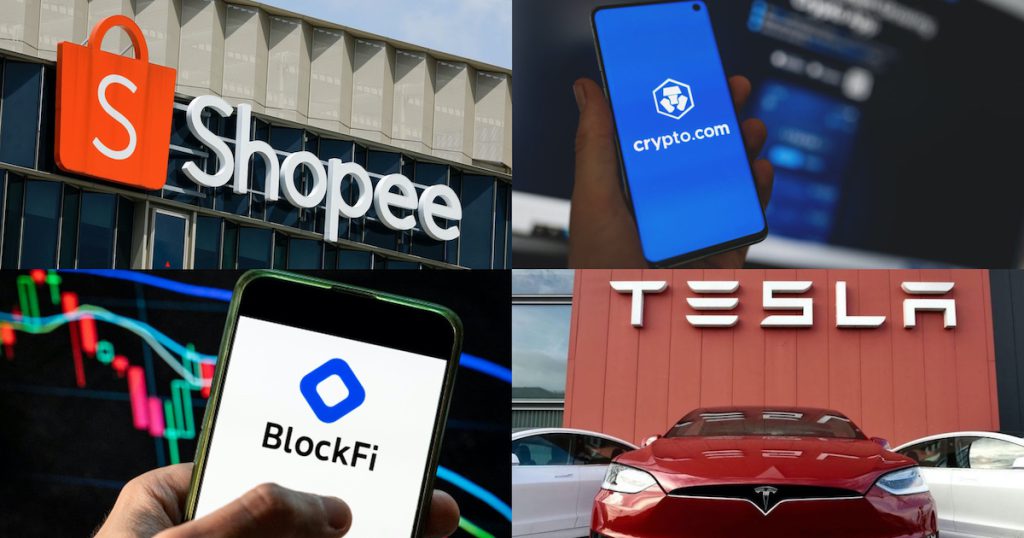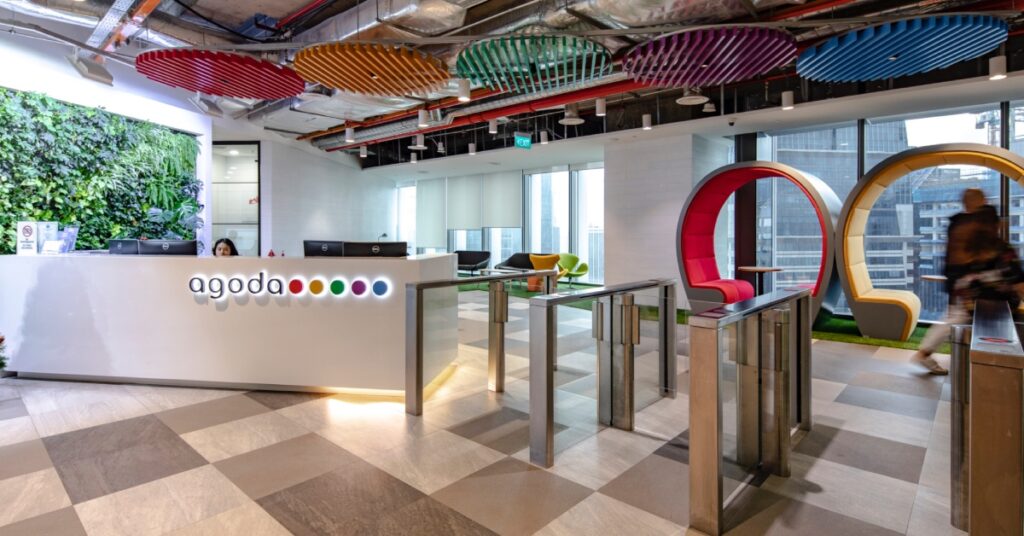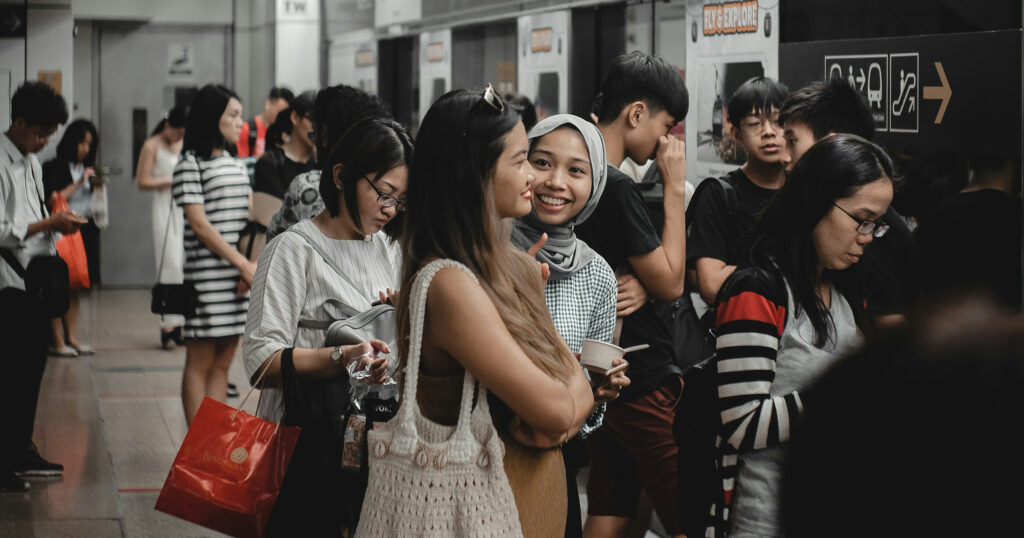Disclaimer: Opinions expressed below belong solely to the author.
While we have been publishing quite positive news on the labour market situation in the past few months, the reality is not equally rosy everywhere. Here’s a cautionary tale about those who, not so long ago, made headlines for all the best reasons.
What we’re witnessing is post-pandemic readjustment, a reversal of the distortions created by two years of restrictions upon a return to normal.
Initially, after the early panic as Covid-19 continued to spread around the world in 2020, companies decided quickly to cut their headcounts and prepare for the worst.
Within a few months, however, businesses in tech rebounded — often very strongly — while traditional ones suffered under lockdowns preventing in-person visits by customers.
Unable to go out, people spent far more time online shopping, entertaining themselves and, of course, working from home.
Valuations and employment in the tech scene rose on the back of these, often new, habits and many thought they would stay around for longer even after the virus is defeated. This, however, was not to be and millions around the world were only too eager to jump back into long-missed meetups, shopping trips and dining out that we are seeing today.

While more established companies are now fiercely competing for talent, some in the tech industry (particularly the most vulnerable — startups) have to cut jobs, in line with their precipitously collapsing valuations (with even big businesses like Sea, Grab or Alibaba losing up to 80 per cent of their stock market capitalisation).
Food and transportation are hit the hardest

Startup layoff tracker at layoffs.fyi — originally created to record loss of jobs in tech in the wake of the pandemic — has just reported that May was the worst month since 2020 and June is shaping up to be just as bad (if not worse).

Unsurprisingly, segments suffering the most in 2022 are transportation and food.
The former is still reeling from two highly volatile years, during which constant changes of local pandemic restrictions made it impossible to do any operational planning, while the latter is clearly forced to painfully adjust down from a period where millions of people are dependent on deliveries, but now are able to eat out again.
Crypto winter on the horizon?
The third sector losing most people was fintech, chiefly (but not only) because many businesses in crypto are readjusting their employment amidst a slowdown after a two-year frenzy of record high prices.
Now, as the market capitalisation of all crypto is under US$1 trillion (down from a peak of over US$3 trillion in 2021) — with Bitcoin closer to US$20,000 than US$30,000 — even major players are adjusting their payrolls.

BlockFi and Singapore-based Crypto.com have just announced a cut of a total of around 500 jobs, adding to a few thousand more lost in global fintech this year, after a very calm 2021.
Shopee turns cautious too
Sea Ltd’s Shopee is also planning to cut jobs in two of the three globally worst-performing areas (food and finance), as ShopeePay and ShopeeFood employees in Indonesia, Thailand and Vietnam were named likely casualties in a story broken by DealStreetAsia yesterday.

It’s hard to call Sea a startup per se, given its long history, successful IPO and a globally established family of brands but in many ways it still does operate like one. Struggling to turn a profit it continues to rely on external funding to keep pursuing market share in three different verticals (entertainment, e-commerce and digital finance).
Similarly, even a company as large as Tesla faces problems, as it remains propped up by tens of billions of dollars in debt it has to service each year.
It may be a household name, but rumours about layoffs of as many as 10 per cent of its people are swirling (after Elon Musk’s ominous email to the company), with the most visible casualty for us here in Southeast Asia being the country manager of Tesla Singapore, who was relieved of his duties after just one year on the job.
Sea appears to be sharing its motivations for layoffs with Tesla, with Elon Musk mentioning his pessimistic predictions about the global economy lately.
Even though Shopee continues its rapid growth — and is now close to eclipsing Alibaba’s entire international e-commerce retail — it simply cannot keep losing money at the current pace since raising more capital would be very difficult.
Given the raging inflation (which may hurt consumer spending) and uncertainty of the outcome and consequences of Russian invasion of Ukraine, the company seems to feel it has to reduce risks and focus on what works best for the time being.
In this spirit, it already withdrew from France and India (where it was facing political problems and perceptions of being a Chinese company) leaving a few hundred people redundant earlier this year.
With reductions in Food and Pay services across several markets, it may be looking to continue optimising its expenses and it is not unlikely that more cuts will follow by the end of the year.
Layoffs don’t mean lack of opportunities
I think it’s important to stress that the fact that some companies are cutting jobs does not mean that opportunities in tech are dwindling. It is just one side of the coin.
It does, however, show a rise in caution among tech businesses returning to what we may call a “new normal” — bracing for unpredictable inflation, stock market stagnation and uncertainty about how millions of consumers will behave or whether Covid-19 returns to disrupt our lives again.
With loose monetary and fiscal policies (which are responsible for the inflation crisis) now in retreat, cheap money fuelling startups is gone, and belt-tightening has made a comeback.
Nevertheless, better performing employers are still hiring or pumping more cash into their salary budgets to retain current and attract new talent.
If you’re looking for a new job, planning to take advantage of their fierce competition for workers, you’d do well to consider company stability before accepting the offer, so you don’t become a part of the wrong statistic a few months down the road.
After all, better opportunities tend to come with higher risks.
Featured Image Credit: Reuters / Cripto Tendencia / LightRocket via Getty Images / Tesla
Also Read: More jobs, money and freedom in Singapore’s war for talent as 74% of PMETs plan to quit by end 2022










